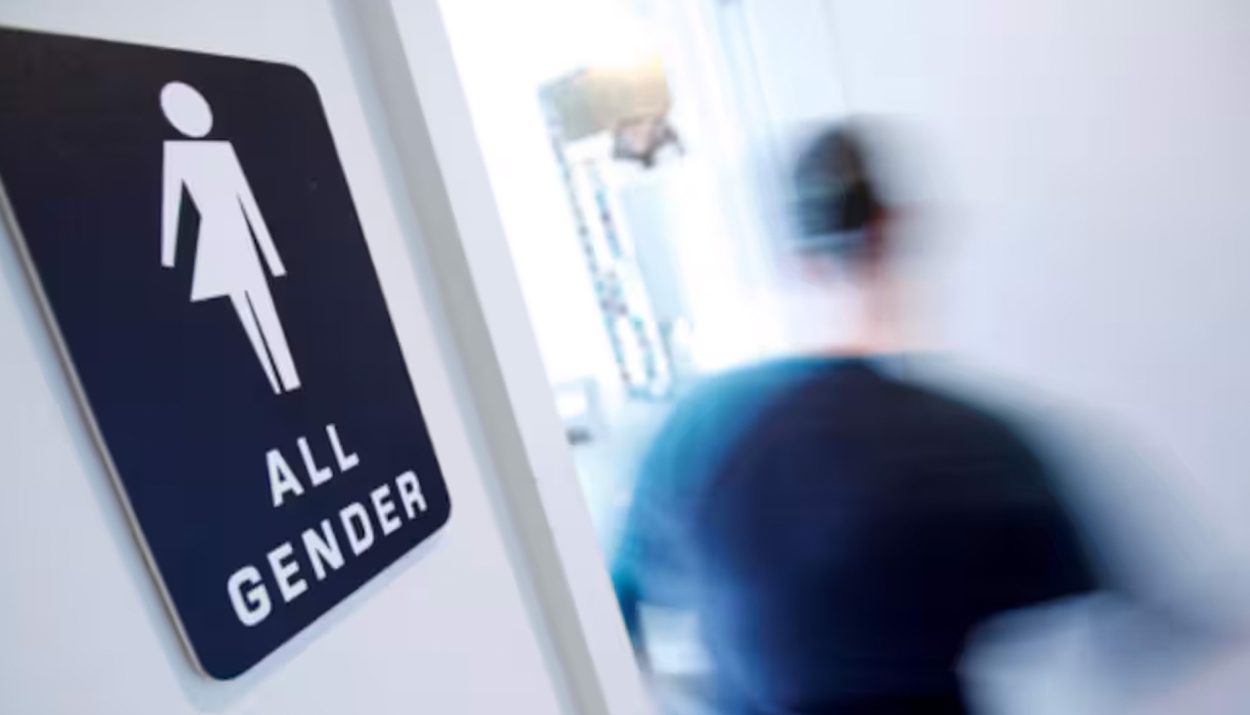The Supreme Court just delivered a massive win for transgender rights. In a recent case, the nation’s highest court upheld a federal appeals court ruling that allows transgender students to use school bathrooms matching their gender identity. This precedent-setting decision stems from a years-long legal battle between an Indiana school district and a transgender male student seeking access to the boys’ restroom. Despite pushback from the school board, the student’s family filed a lawsuit alleging discrimination.
An appeals court sided with the student, but the school district appealed to the Supreme Court. The Supreme Court has rejected hearing the appeal, letting the lower court’s pro-transgender decision stand. This affirms transgender students’ right to use bathrooms aligning with their gender identity nationwide.
A Victory for Trans Rights
The U.S. Supreme Court upheld a lower court ruling allowing transgender students to use school bathrooms matching their gender identity. The court rejected an appeal from a school district in Indiana that refused to allow a transgender middle school student, identified only as A.C., to use the boys’ restroom.
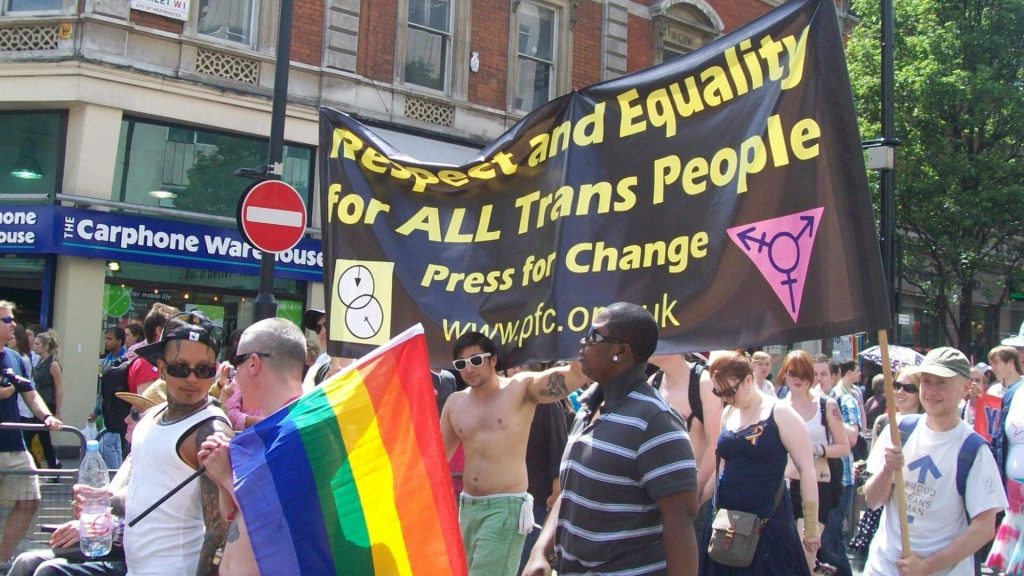
Instead, the school district insisted A.C. use either the girls’ restroom or a single-user restroom in the school health office.
Discrimination Took Its Toll
According to A.C.’s mother, her child was born female but identified as male early on. At 8 years old, A.C. was diagnosed with gender dysphoria and began treatment, including using puberty blockers and changing legal documents to match his gender identity.
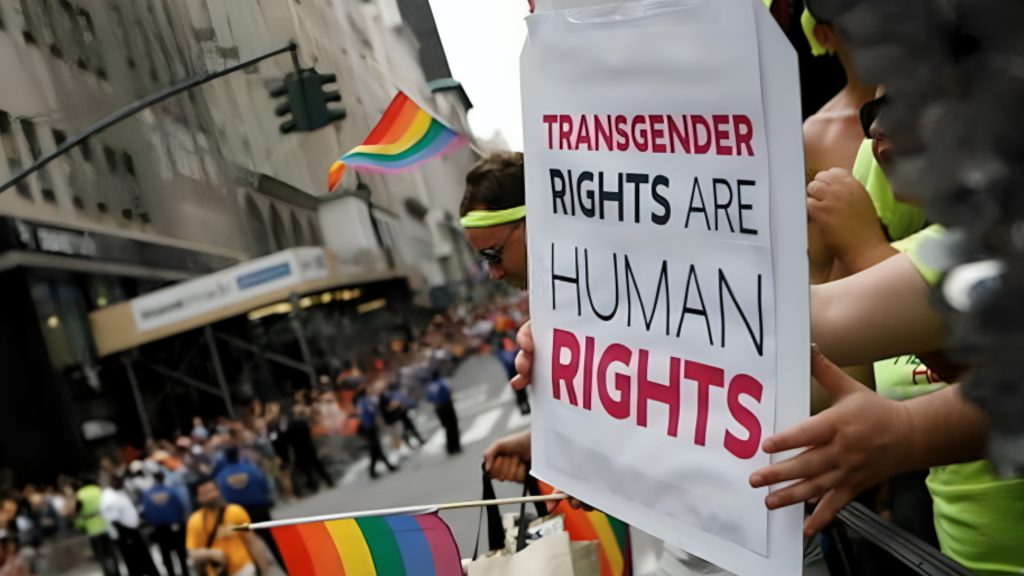
When A.C. started middle school, his parents requested he be allowed to use the boys’ restroom, but the school board denied the request.
Ruling Affirms Civil Rights Law
The Supreme Court ruling affirmed a federal civil rights law banning discrimination based on sex also applies to discrimination against transgender people.
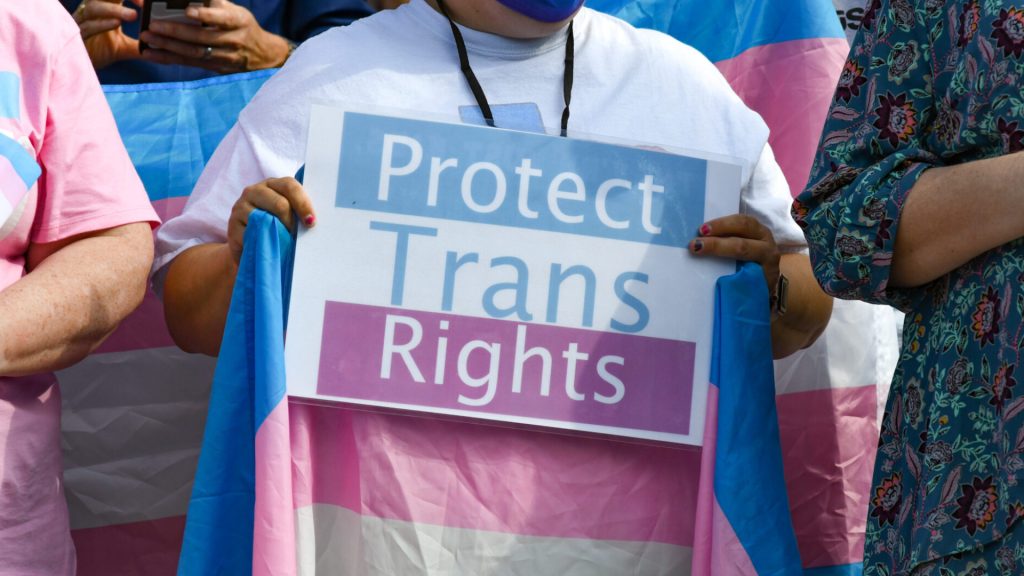
The court rejected the school district’s argument that the law allowed schools to designate restrooms based on students’ biological sex. In a similar case, the court ruled that discriminating against transgender workers is a form of sex discrimination.
A Victory for Inclusion
Advocates hailed the ruling as an important victory for trans rights and inclusion. The court affirmed that trans students deserve the same rights and protections.
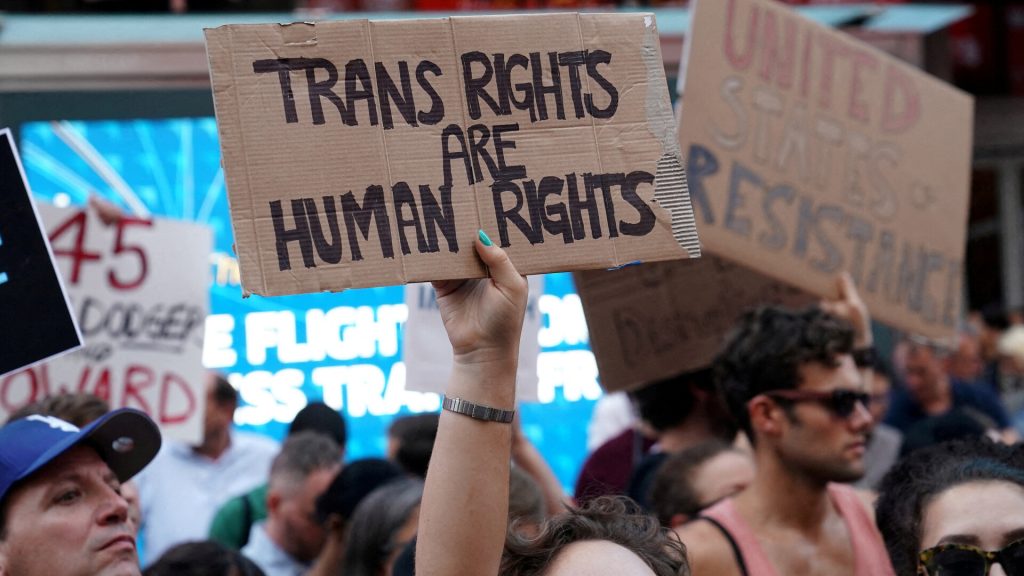
Excluding trans students from using facilities matching their gender identity is discriminatory and causes real harm, including increased bullying, depression and poorer academic outcomes.
Background on the Indiana Transgender Student’s Lawsuit
The case of A.C. v. Metropolitan School District of Martinsville began in 2019 when A.C., a transgender boy, was denied access to the boys’ restroom at his middle school.
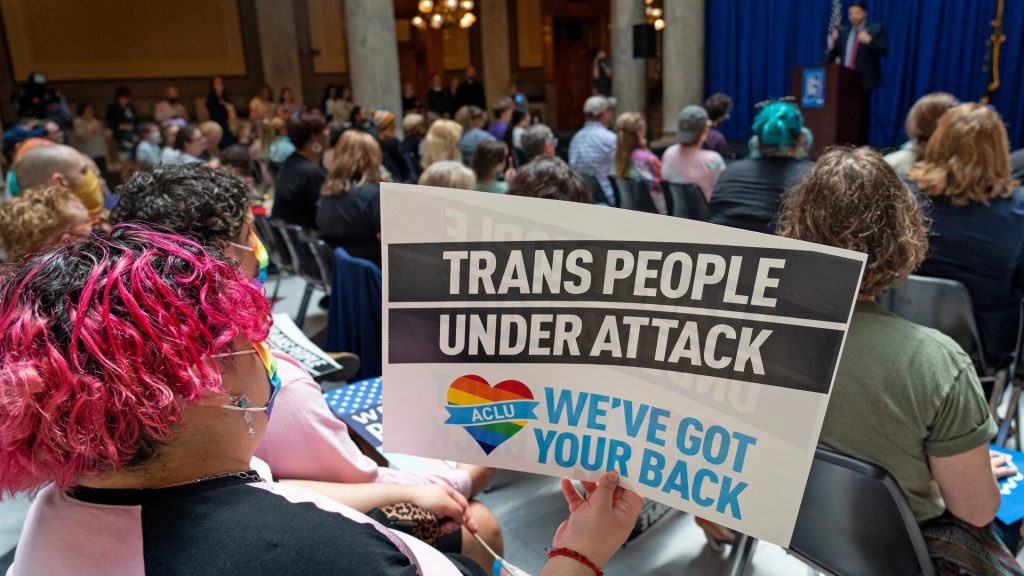
A.C. was assigned female at birth but identified as male. After coming out as transgender, A.C. started using his preferred name and pronouns, and began medical treatment.
Legal Battle
The ACLU filed a lawsuit on behalf of A.C. against the school district, arguing that denying A.C. access to the boys’ restroom was discrimination based on sex, violating his civil rights under Title IX.
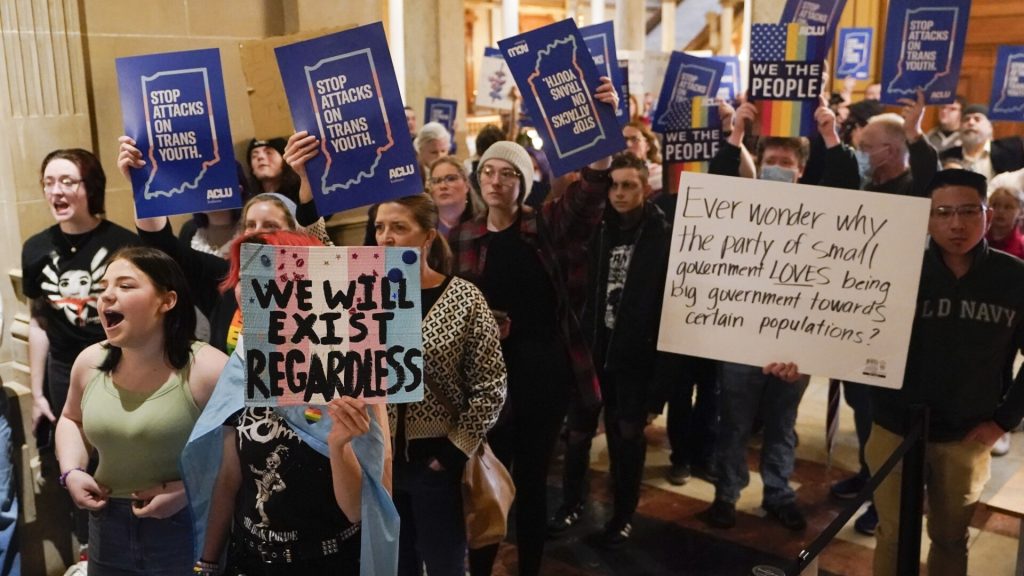
A district court initially ruled in favor of the school, but the 7th U.S. Circuit Court of Appeals overturned that decision, ruling that the school had to allow A.C. access to the boys’ restroom.
Supreme Court Decision
The school board appealed to the U.S. Supreme Court, which declined to hear the case, upholding the appeals court ruling.
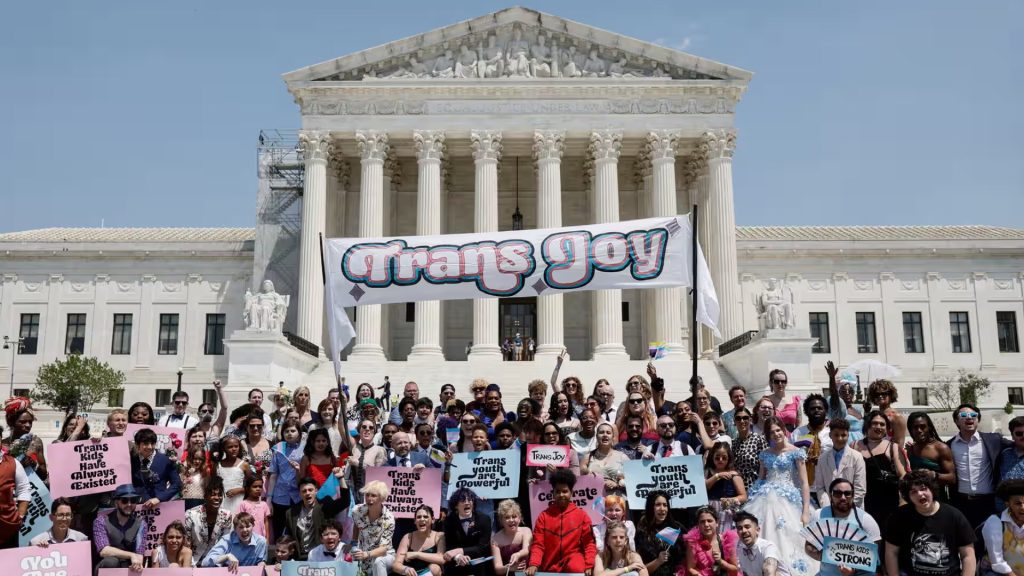
This decision establishes a legal precedent protecting the rights of transgender students under Title IX and allows A.C. and other trans students to use restrooms matching their gender identity.
What the 1972 Federal Civil Rights Law Says About Sex Discrimination
The federal civil rights law passed in 1972 prohibits sex discrimination in schools that receive federal funding.

According to Title IX of the law, schools must not discriminate against anyone based on their biological sex. However, the law’s interpretation has evolved.
Transgender Identity as Sex Discrimination
In 2016, the 4th U.S. Circuit Court of Appeals ruled that a Virginia school board violated Title IX by preventing a transgender student from using the boys’ restroom.

The court found that discrimination based on transgender identity constitutes sex discrimination. Other courts have disagreed, arguing that Title IX protects students based only on their biological sex.
Biological Sex Definition
John R. Wooden Middle School officials emphasized this narrower definition of “sex” under Title IX. They claimed the law allowed schools to designate bathrooms based on students’ biological sex.
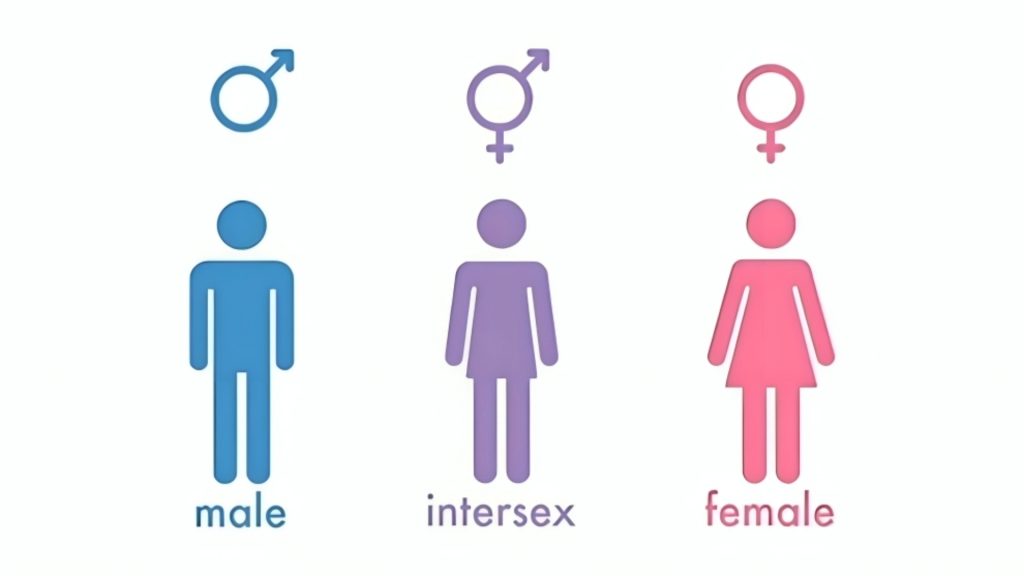
In this case, the Supreme Court’s ruling embraced the broader view that Title IX protects transgender students. The court said preventing a student from using facilities matching their gender identity constitutes illegal sex discrimination.
Impact of the Ruling
This ruling is a major victory for transgender rights. It establishes that under federal law, transgender students have the right to use school facilities matching their gender identity. Schools that refuse to respect students’ gender identities could face legal consequences under Title IX.
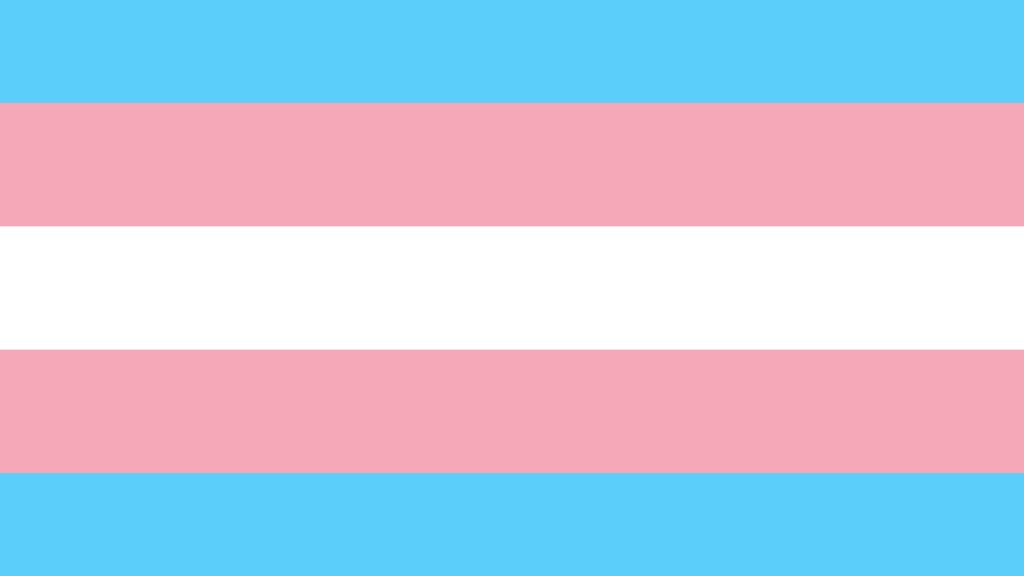
The ruling also highlights the evolving understanding of civil rights law. Laws passed in the 1970s could not anticipate issues like gender identity that have become more prominent today.
How the Appeals Court Overturned the School’s Bathroom Ban
The appeals court ruled that the school district’s policy violated federal civil rights law that bans discrimination based on sex.
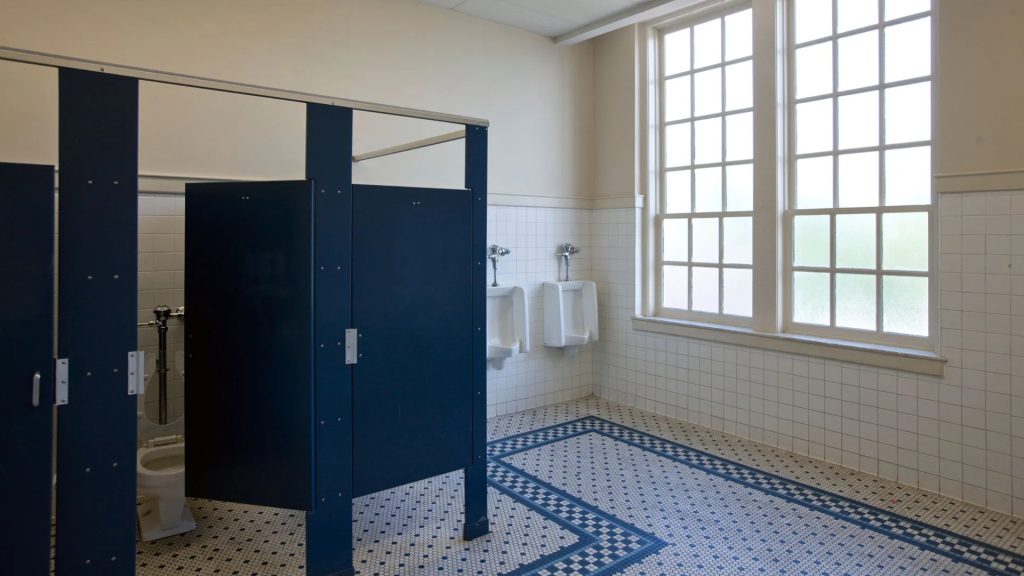
According to the court, discrimination against transgender students constitutes discrimination based on sex. The school district tried to argue that Title IX, the federal law in question, allows schools to designate bathrooms based on students’ biological sex.
Previous Ruling Sets Precedent
The appeals court also cited a previous Supreme Court ruling that held that discriminating against transgender workers violated Title VII’s ban on sex discrimination.
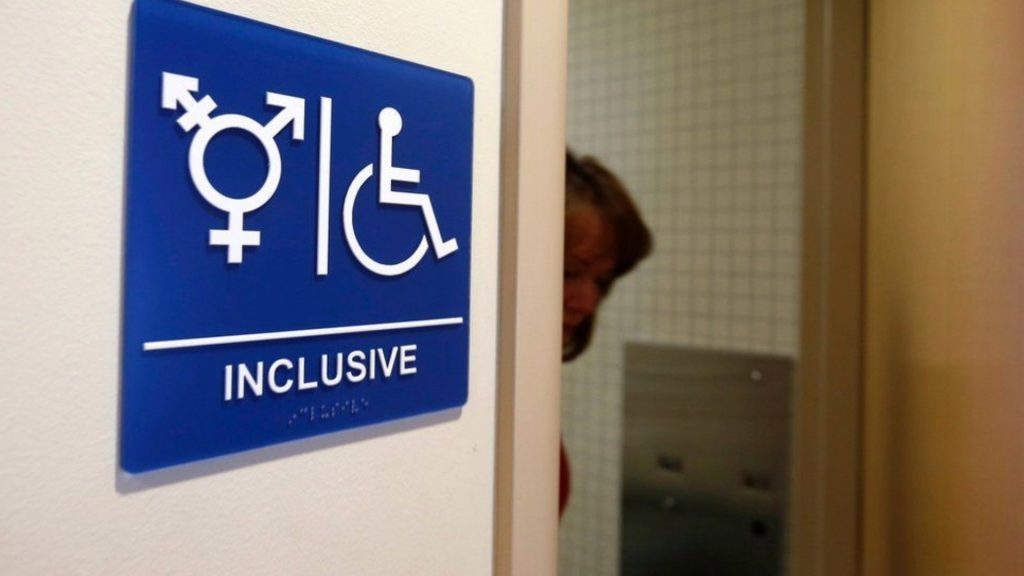
The court found this ruling persuasive, stating that there is no meaningful distinction between discrimination against transgender employees and discrimination against transgender students.
Ban Caused Irreparable Harm
The appeals court held that the school district’s bathroom policy caused irreparable harm to A.C. by stigmatizing and isolating him from his peers.
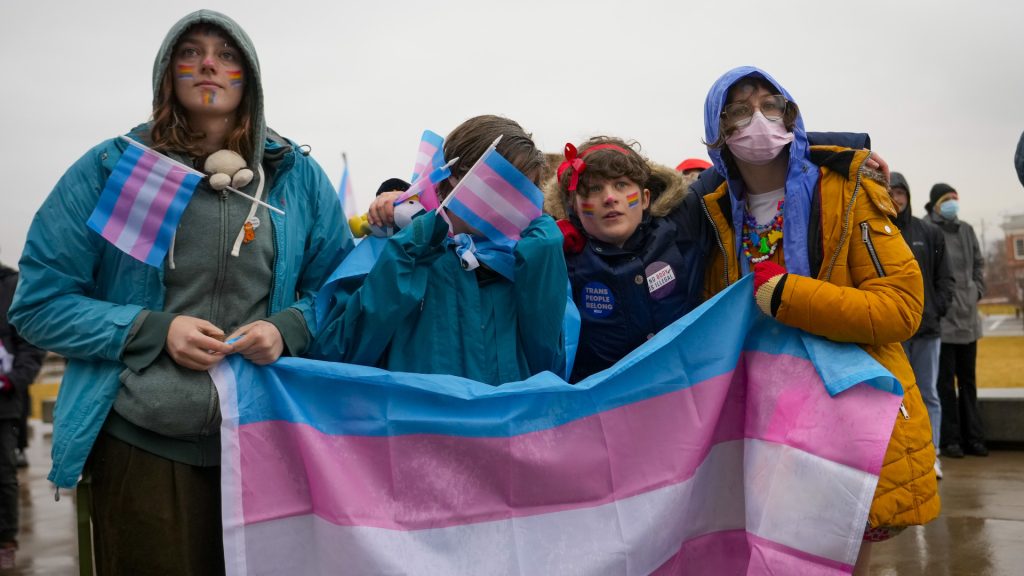
A.C.’s mother stated that the policy left A.C. “sad, distressed and humiliated” and hurt his academic performance. The court found that these psychological and educational harms warranted overturning the ban.
School Options Were Inadequate
The court rejected the school district’s argument that its policy gave A.C. adequate options, like using the single-user restroom in the health office.
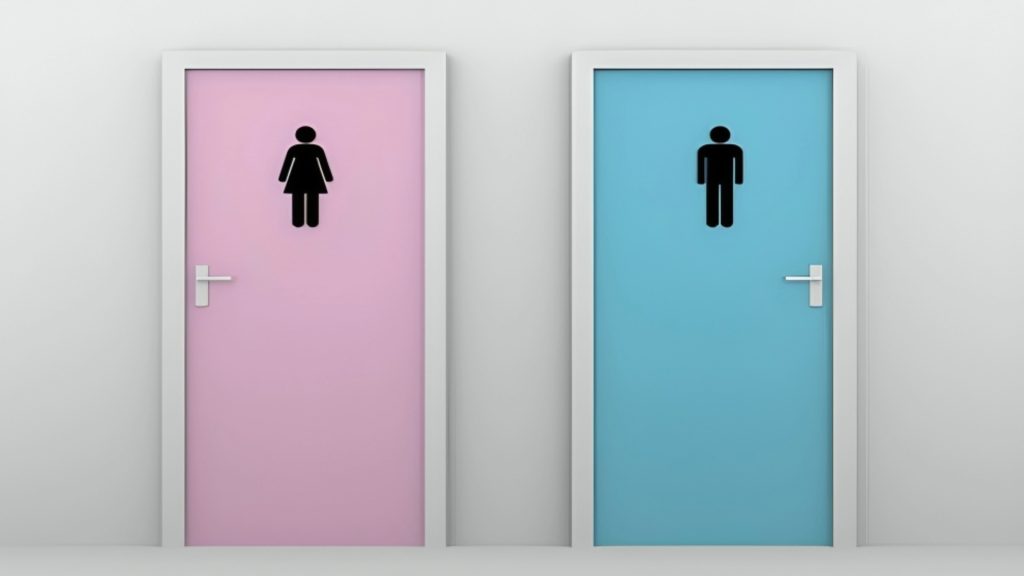
The court stated that requiring a transgender student to use a separate restroom isolated from peers is itself stigmatizing and discriminatory.
The Supreme Court’s Ruling and Reasoning
The decision of the Supreme Court to uphold the appeals court ruling allowing A.C. to use the bathroom of his choice is a big step forward for transgender rights in the U.S.
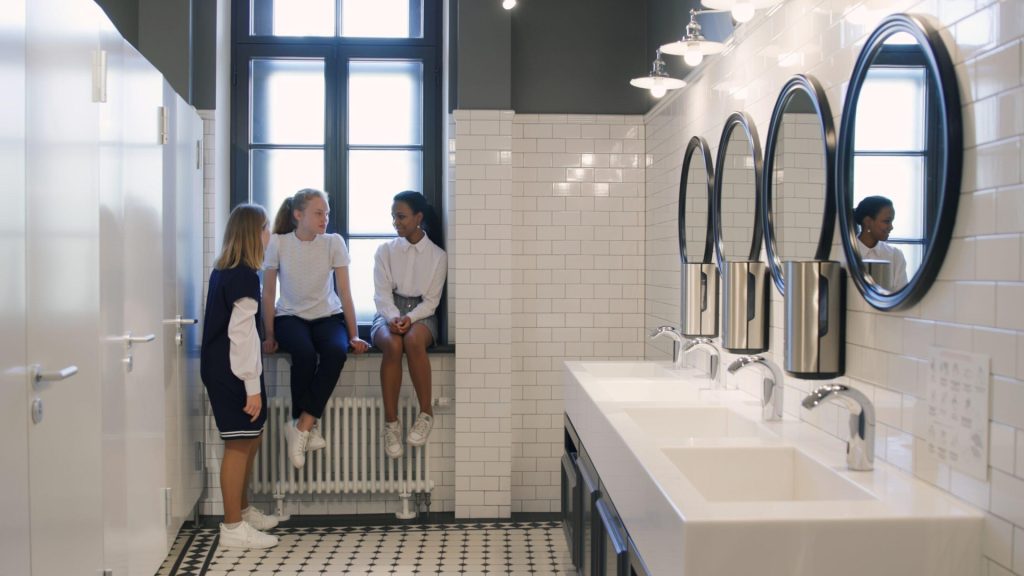
The justices rejected the school board’s reasoning that Title IX allows schools to divide restrooms by biological sex. Instead, the court found that refusing A.C. access to the boys’ restroom amounted to discrimination based on sex, which Title IX prohibits.
Discrimination Based on Sex
The Supreme Court agreed with the appeals court that discrimination against transgender people is effectively discrimination based on sex.

They cited a 2020 Supreme Court ruling that found employers cannot fire workers for being transgender without violating Title VII of the Civil Rights Act of 1964, which prohibits sex discrimination.
Transgender People Have Gender-Specific Rights
Advocacy groups celebrated the ruling as an affirmation of transgender rights. They said the decision confirms that under the law, transgender people have the same rights and protections as others in areas like employment, healthcare, and education.
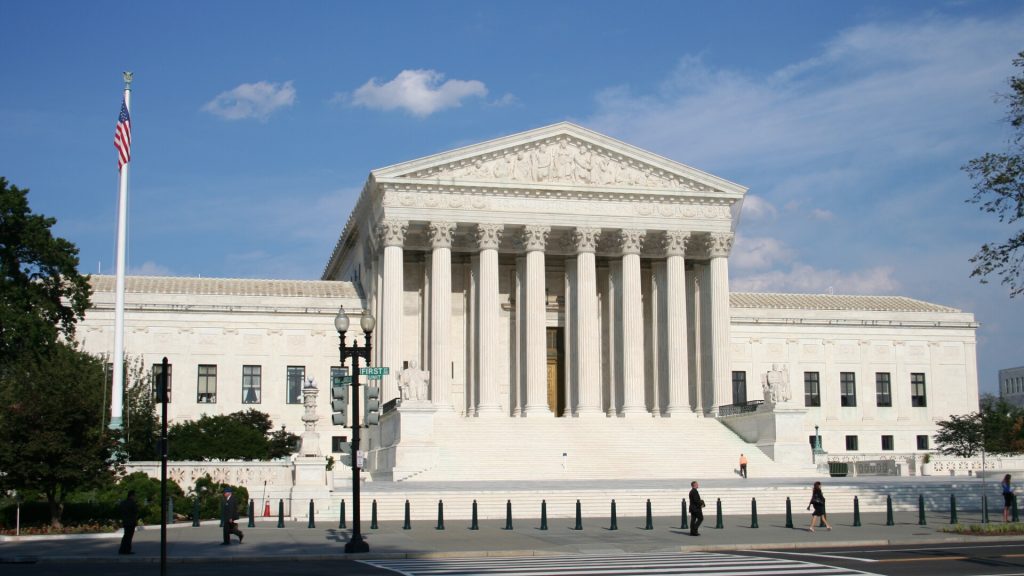
The ruling also reinforces the right of transgender students to access facilities like bathrooms that align with their gender identity.
A Blow to Conservatives
Conservatives opposed to expanded transgender rights criticized the ruling. They argued that Title IX was meant to provide separate facilities for boys and girls based on biological sex, not gender identity.

Some said the decision could undermine parental rights and threaten student privacy. However, the court found no evidence that allowing transgender students to use gender-appropriate restrooms posed such risks.
What Supporters and Opponents Are Saying About the Decision
The historic ruling has drawn mixed reactions from supporters and opponents alike. Supporters of trans rights have hailed the decision as a victory for inclusiveness and equal treatment under the law.
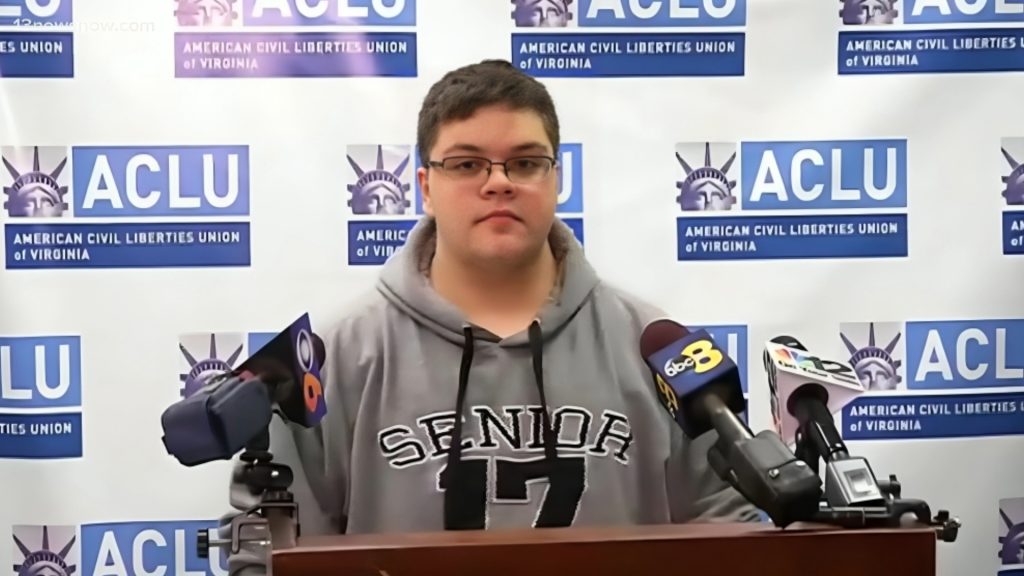
“This is a pivotal moment for the LGBTQ movement,” said Alphonso David, president of the Human Rights Campaign. “The Supreme Court has affirmed that discrimination against transgender people is discrimination based on sex – full stop.”
Privacy and Safety Concerns
Some opponents argue that allowing students to use the bathroom of their choice could violate other students’ privacy or enable predatory behavior. However, supporters counter that trans students deserve the same rights and protections as others.
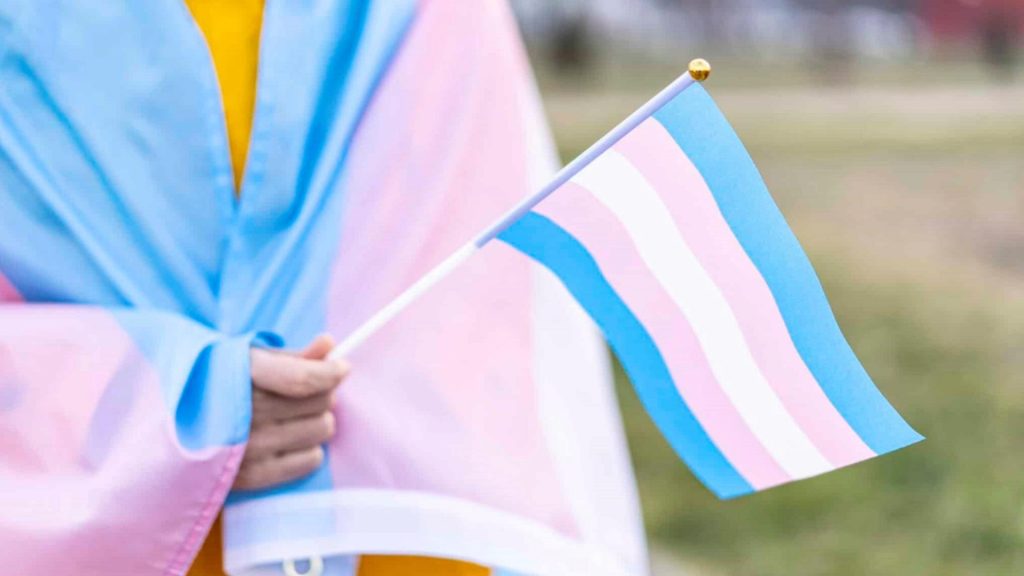
“Transgender students deserve the same rights and protections as all students,” said Fatima Goss Graves, president and CEO of the National Women’s Law Center. “Today’s decision affirms that discrimination against trans students is illegal under federal law.”
Government Overreach
Other opponents frame the issue as government overreach that infringes on local decision-making. “This is yet another example of the liberal extremists in Washington trying to dictate their radical agenda to schools across the country,” said Senator Josh Hawley.
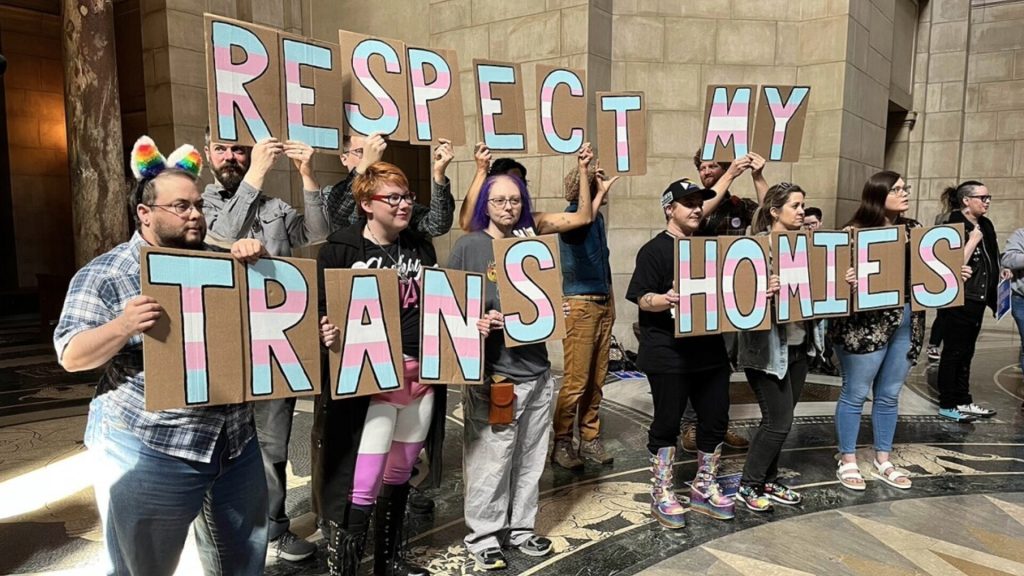
Supporters counter that civil rights should not depend on location. “Civil rights are not determined by geography,” said ACLU attorney Joshua Block. “We hope school officials will now do the right thing and protect the dignity and rights of trans students.”
What This Means for Transgender Rights Going Forward
The ruling of the Supreme Court is a huge victory for the transgender community and their rights. It establishes a precedent that will make it difficult for schools to discriminate against transgender students in the future.
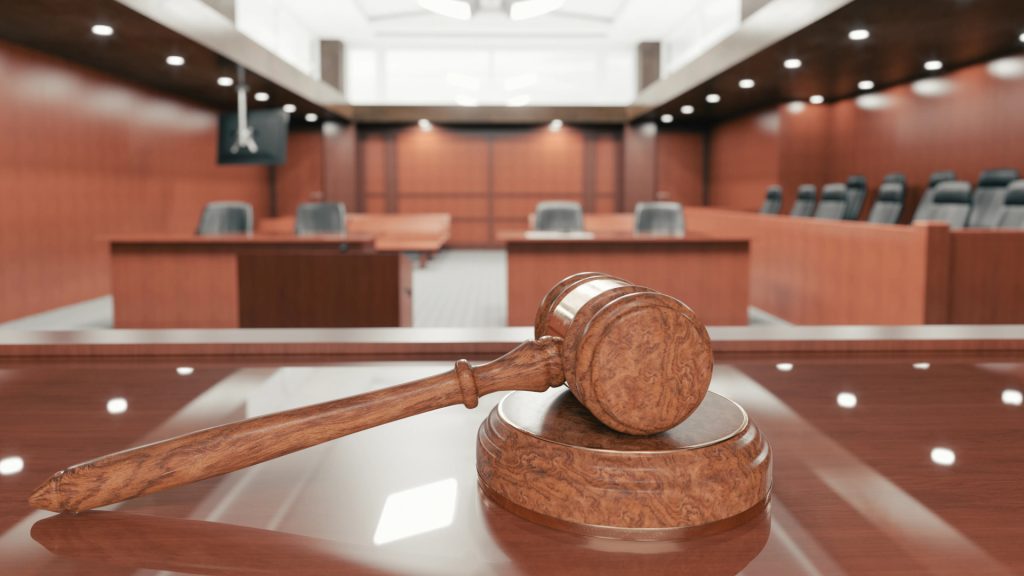
Schools can no longer deny transgender students access to bathrooms and facilities that align with their gender identity.
A Win is a Win
This landmark Supreme Court ruling is a major victory for transgender rights. By upholding the lower court’s decision, the highest court in the land has cemented into law the right of transgender students to use bathrooms that align with their gender identity.
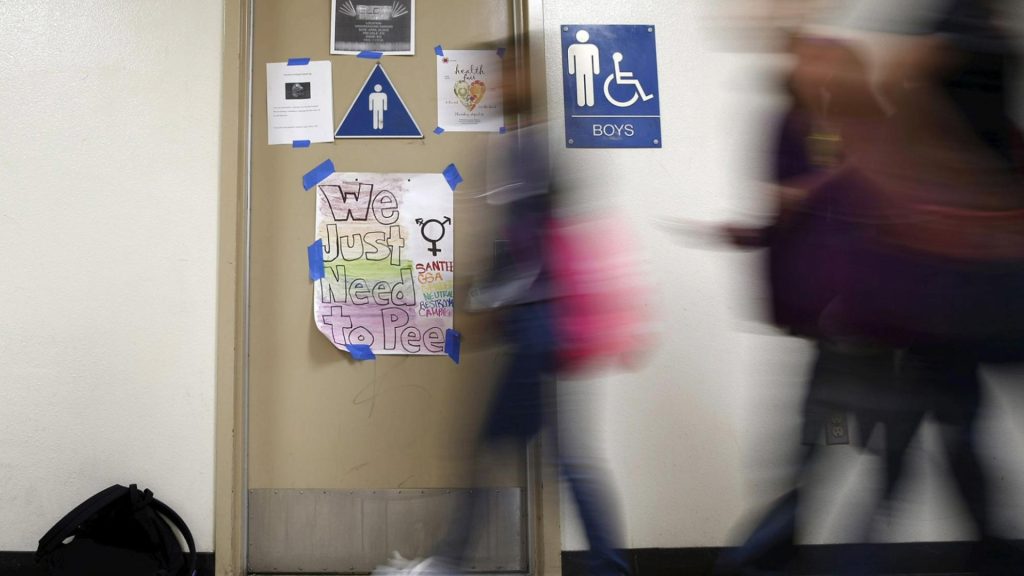
While the school board may continue to resist, they now have no legal ground to stand on. With this precedent set, the path ahead looks brighter for transgender youth facing discrimination in schools across America. However long overdue, progress comes one hard-fought step at a time.

